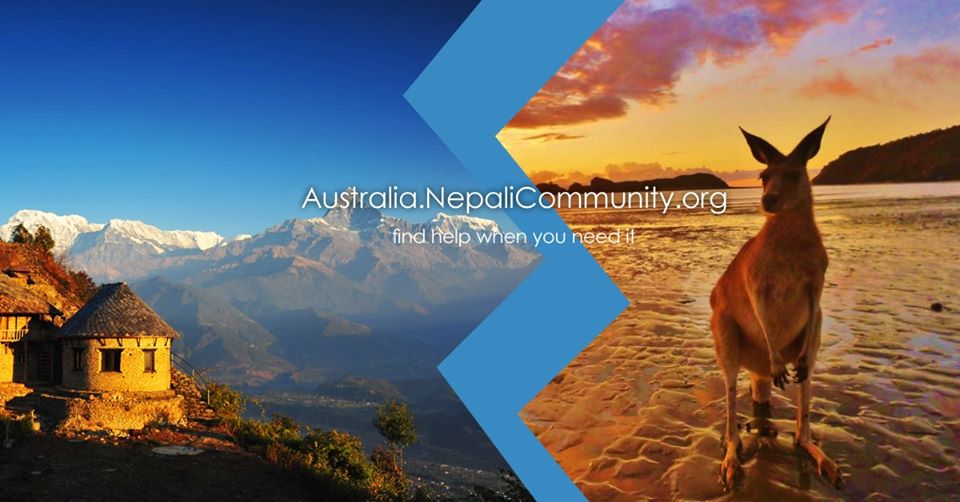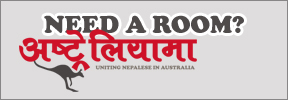The drink Brits go to bed with and Indians wake up with!
Jul 21, 2017 under Business/Economy 516 , Food and Drinks 14 , World 513

"Comforting, warming, fortifying since 1906," is written on the promotional mug Horlicks launched in the UK last year. In Britain, the malted milk drink has long been linked to bedtime, a soothing aid to sleep.
In India, it's an entirely different story. "Taller, stronger, sharper," is at the top of the Indian website, which has lots of photos of energetic schoolchildren leaping about. In India, Horlicks is a breakfast drink, given to children as an energy boost to fortify them ahead of a long day of learning.
Yet the drink's main ingredients are exactly the same: wheat, malted barley and milk. The fact that the same liquid can be perceived in two such different ways is a great example of the "crazy nonsense and beauty of marketing", says Andrew Welch.
As London managing director for brand consultancy Landor, Mr Welch's job is to help brands build and improve their reputation, and ultimately create higher sales. International expansion is often the only way for firms to do this. When domestic growth has stalled, other countries can provide a business with fresh customers potentially in an area with less competition or where demand for a particular product or service is higher.
And of course, having a presence in more than one country ensures a firm isn't reliant on the health of just one nation's economy for its success. But how exactly do companies go from being a local firm based in one country to a global name? Mr Welch says how Horlicks has been marketed is a great example of how to do it, with the drink's attributes emphasised in different ways to appeal to specific audiences. The drink has significantly boosted non-pharmaceutical sales in India for its owner, drugs giant GlaxoSmithKline.
"You can't cookie cutter your brand around the world. This is an organisation which has gone beyond its home market and managed to stay relevant," says Mr Welch. Or, to use the industry lingo, "global is out" and "multi-local" is in.
But it's not easy. Online auction site eBay is one of the world's best-known firms, boasting 167 million active buyers and reporting just shy of $9bn (£7bn) in revenues last year. Yet when it first tried to launch in China it failed. The difficulty of competing with local rivals meant that in 2006, a mere two years after entering China, it was forced to admit defeat and shut down its main website in the country.
Instead it formed a joint venture with a local partner to help operate an online auction business in the country. Critics say it failed to recognise that having a strong US brand would not automatically translate to success in China.
Home rental site Airbnb is already trying to avoid that mistake, recently rebranding itself as "Aibiying" in China. The name translates as "welcome each other with love", and the company reportedly said it would be easier for Chinese people to pronounce.
One of the frequent criticisms of globalisation is that it is eroding countries' distinctive differences, making cities everywhere look more and more similar.
From Germany to the United Arab Emirates to China you can visit the same shops, buy the same furniture, eat the same food, watch the same programmes and listen to the same music.
Chris Hirst, European and UK group chief executive of advertising agency Havas, says firms expanding overseas have to overcome people's natural antipathy to this.
"People don't like the idea of a global phenomenon. They want to feel close to a brand and want it to be relevant to them."
Tagged: Britain 5, India 154, Horlicks 1, UK 33, Brands 3, Trade 14, Airbnb 1, China 99, Aibiying 1, UAE 6


